A new study has suggested using derelict land in Glasgow to help alleviate fuel poverty.
Researchers at the University of Strathclyde have stated that with the right technology and necessary investment, Glasgow has enough brownfield land available to meet the heat demands of all households in fuel poverty.
Overall, there are 1,195 hectares of vacant and derelict land over 863 sites in the city. Combined with 367 hectares of 50 licensed and unlicensed landfill sites, brownfield land represents 9% of the city area.
Assuming an average household size of 92m squared and peak heat energy demand of 8 kilowatts kWt. scientists state if all available brownfield land had ground source heat pumps with horizontal arrays installed, the entire heat demand of 34,866 properties could be met.
If only 80% of the peak heat demand is to be met, as is typical in optimising such designs, the size of this figure increases to 43,754 properties, nearly half of the total in fuel poverty (93,000).
In addition, if more expensive vertical boreholes for heat pumps were used, this would boost energy yield and hypothetically meet the demands of all properties in fuel poverty.
Dr Richard Lord, senior lecturer in Civil and Environmental Engineering, said using brownfield land for renewable heating is one option to support the development of a low carbon economy and stimulate regeneration.
"This study suggests there is potential to ease fuel poverty in Glasgow by making use of brownfield land to deploy renewable energy technologies such as ground source heat pumps," he said.
"Brownfield land is a legacy of industrial retraction in many towns and cities worldwide, where land remains vacant long after it has gone into disuse, and is often a barrier to redevelopment."
He continued: "It is necessary for a balance to be drawn between installation costs, the technology footprint, and the number of properties whose heat demand could be met, to provide the most cost effective, sustainable solution that still allows for future redevelopment.
"Perhaps the greatest challenges in reusing brownfield land to alleviate fuel poverty come from the inherent nature of the land itself – the fact that land is not in use may indicate that it is not currently needed or not economically viable. This might be due to location or the cost of remediation of contamination.
"It is clear that using brownfield land to provide ground source heating for social housing has the potential to contribute to alleviating fuel poverty as well as bringing significant opportunities for the restoration and reuse of vacant and derelict land."
(LM)
Construction News
05/10/2017
Use Derelict Land In Glasgow To Alleviate Fuel Poverty - Study
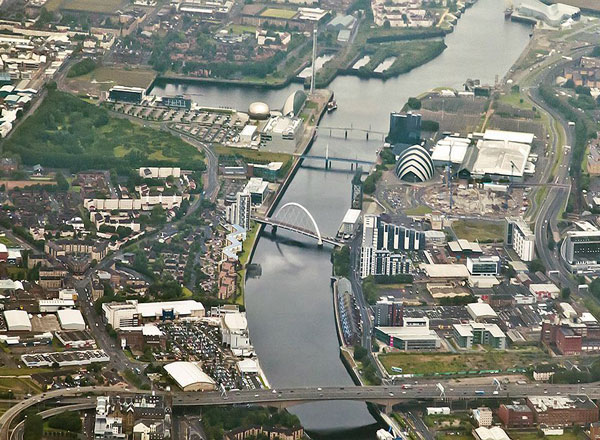
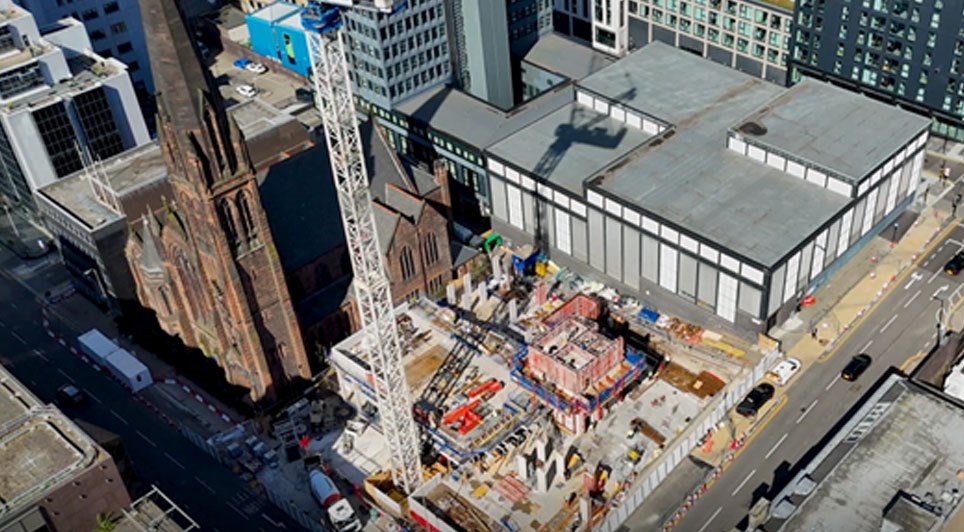
15/04/2025
Construction of a £70 million student accommodation development at 292-298 St Vincent Street in Glasgow has reached a significant milestone, with the building now visibly rising from the ground.
Drone footage has captured the progress of the project, which is a partnership between developer Artisa

15/04/2025
Energy regulator Ofgem is expected to confirm today (April 15) its finalised Connections Reform process, designed to expedite grid connections for renewable energy projects that are ready and crucial for achieving the UK's clean power targets for 2030 and beyond.
The new connections system, anticip
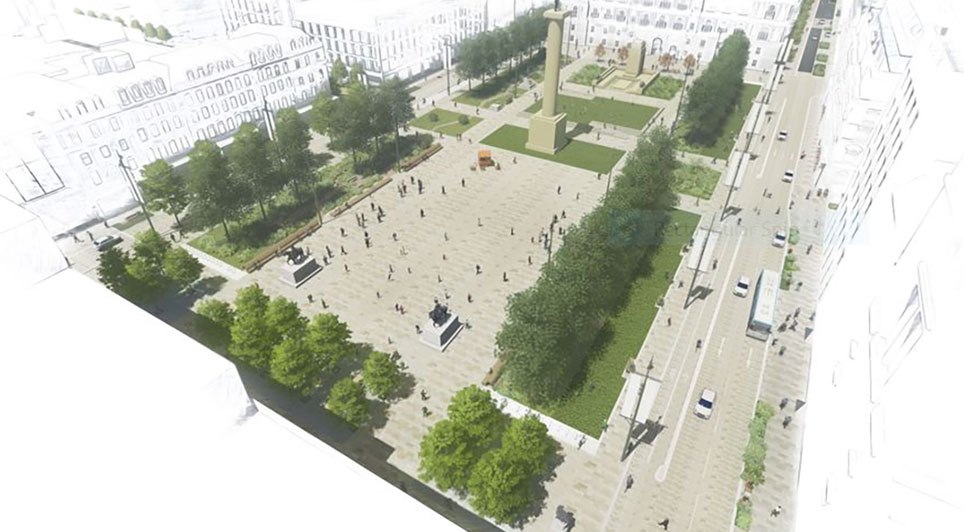
15/04/2025
The ambitious transformation of Glasgow’s landmark George Square has moved into a tangible phase with the commencement of the erection of hoardings around the perimeter of the civic space. Starting today, the hoardings will enclose the Square for the duration of its 18-month redevelopment.
The pane
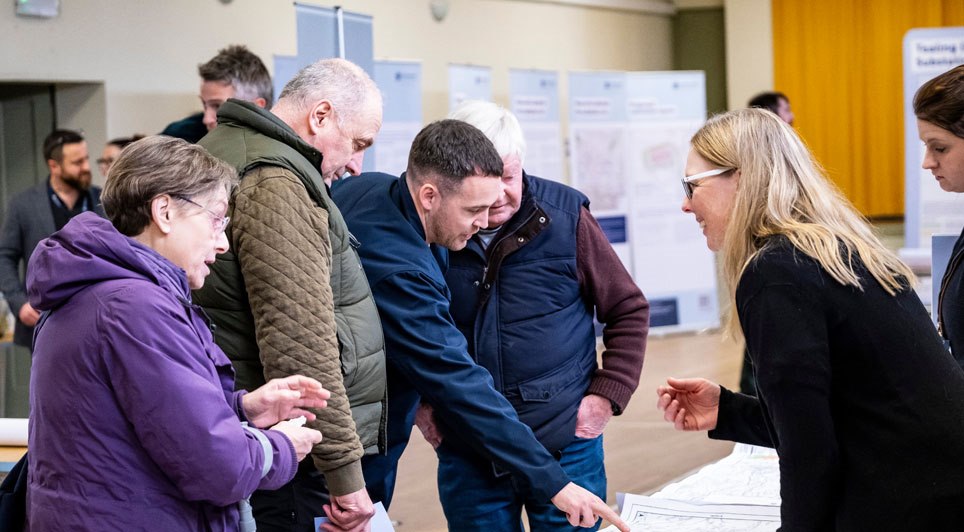
15/04/2025
Members of the public are invited to attend a consultation feedback event to discuss the proposed infrastructure associated with a new underground electricity transmission cable between the Kinardochy and Errochty substations in Perthshire.
The event will take place on Monday, 28 April, from 4 pm t
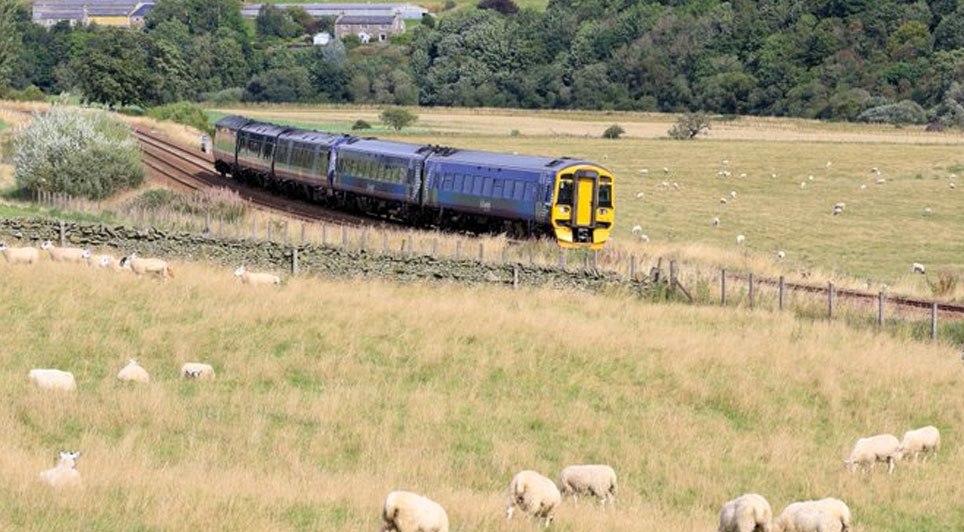
15/04/2025
Turner & Townsend have been appointed as project managers to develop a business case for the potential extension of the Borders Railway beyond its current terminus at Tweedbank to Hawick and Carlisle.
This key appointment will enable crucial work to progress on the project, including feasibility s
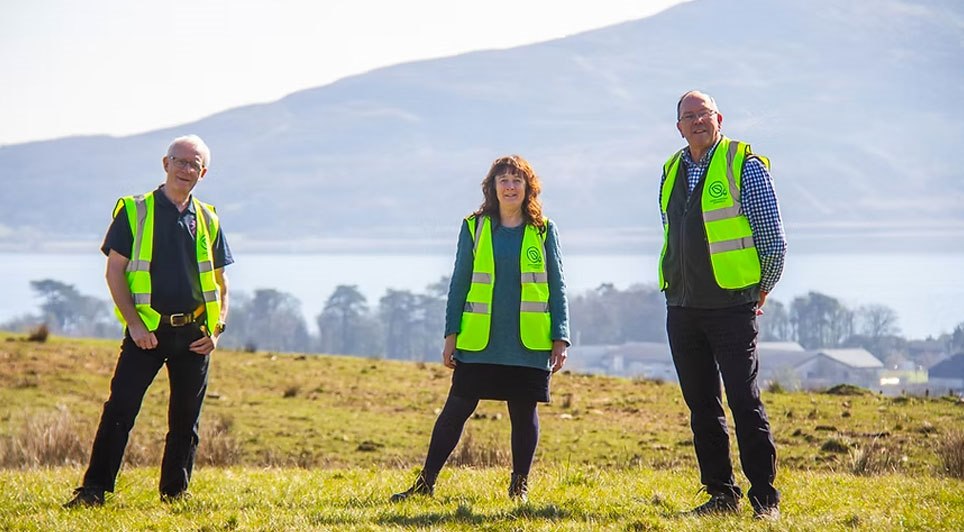
15/04/2025
Arran Community Renewables, a Community Benefit Society based on the Isle of Arran, has secured planning consent for a 6 MW solar farm. The Glenkiln Solar Farm, located approximately 1km west of Lamlash, is projected to generate 5,600MWh of clean renewable energy annually from 2027.
The £5 million
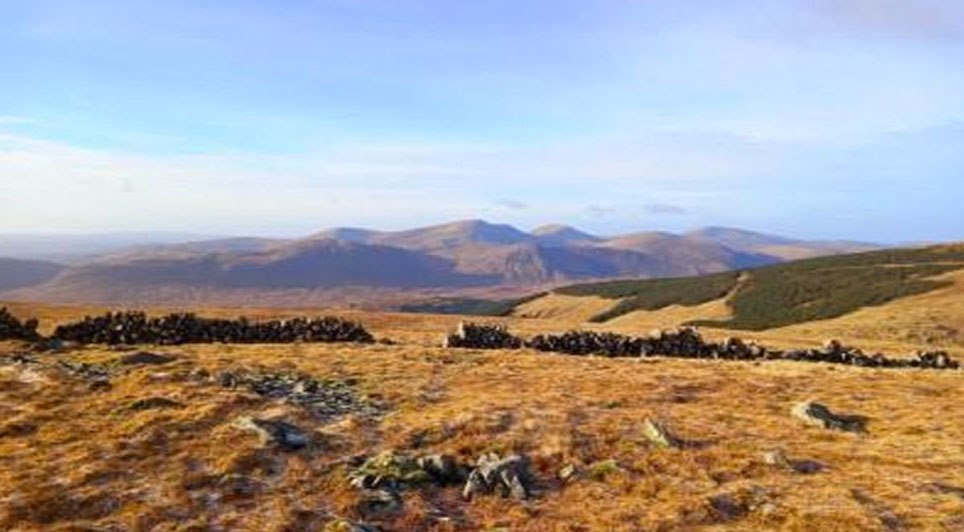
15/04/2025
A new Route Map has been published by the Scottish Land Commission (SLC) to ensure communities across Scotland secure tangible and long-lasting benefits from nature restoration projects and investment in the country's natural environment.
The practical guide is designed for landowners, developers,
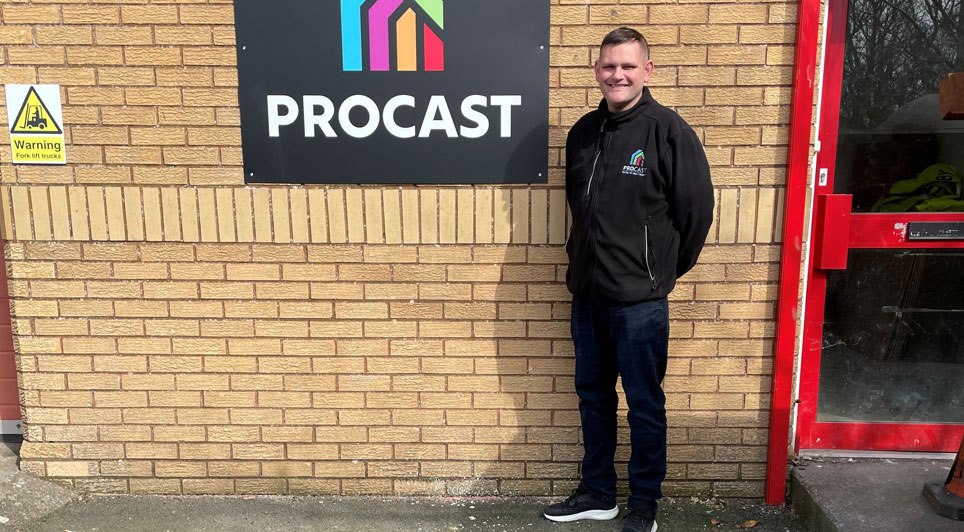
15/04/2025
Award-winning principal contractor Procast Group has further expanded its presence across Scotland with the opening of a new base in Dumfries. The Hamilton-based firm has invested £30,000 in a new warehouse and office facility in the Maxwelltown Industrial Estate in Dumfries and Galloway, marking it
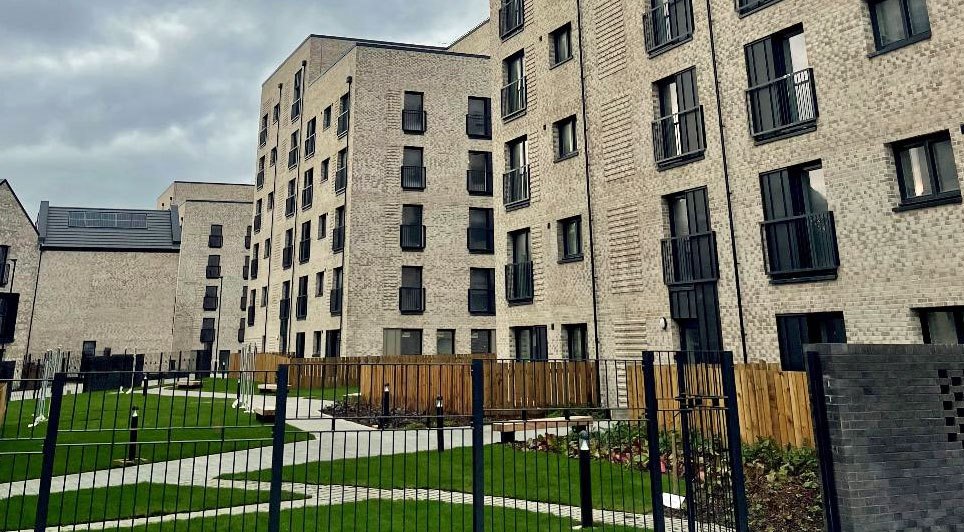
14/04/2025
Glasgow City Council's Affordable Housing Supply Programme (AHSP) facilitated the completion of over 1,000 new affordable homes in the city during the past year, despite facing budgetary reductions at the start of the financial year.
The initial grant of £78.687 million from the Scottish Government
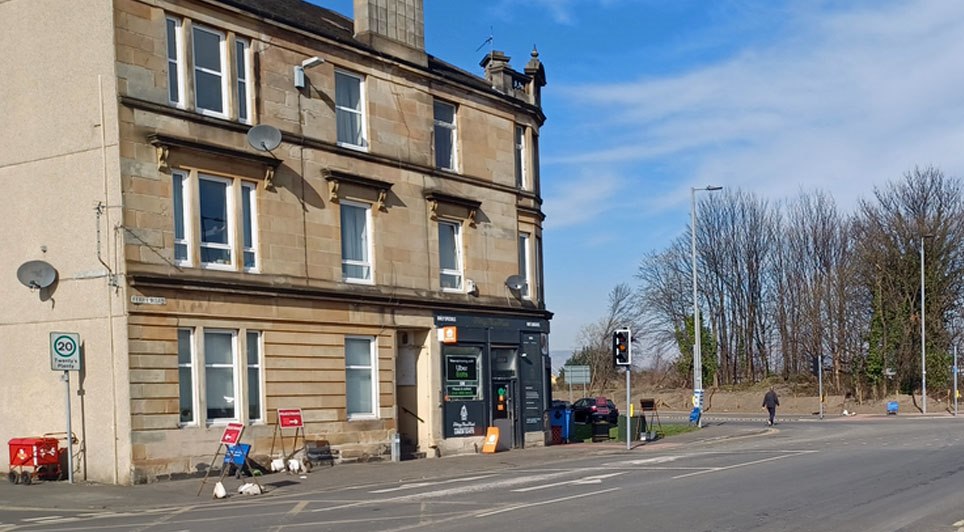
14/04/2025
A key phase of Scottish Water's £11.5 million project to upgrade a strategic rising sewer main connecting Renfrew and Glasgow is set to begin, resulting in a significant road closure.
From Monday, 28 April 2025, Ferry Road in Renfrew will be closed to all vehicular traffic for a period of four mont
 Scotland
Scotland UK
UK Ireland
Ireland London
London










